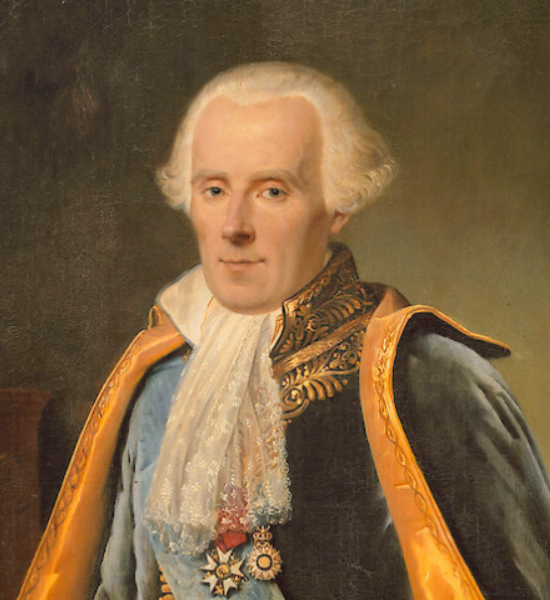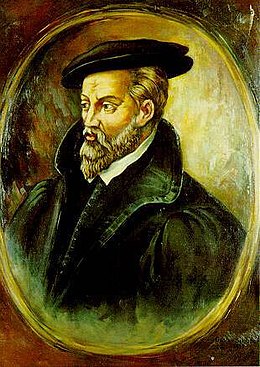Mineralogists are scientists who study minerals and their properties. They use a variety of techniques, including microscopy, spectroscopy, and X-ray diffraction, to analyze the physical and chemical properties of minerals. They may also study the occurrence, distribution, and origin of minerals, as well as the processes that form and alter them.
Mineralogists may work in a variety of settings, including academic institutions, museums, government agencies, and private companies. They may conduct research, teach, or both. In addition to studying minerals, mineralogists may also be involved in the exploration and extraction of mineral resources, such as oil, gas, and minerals, and in the development of new materials for use in industry.
Mineralogists may also work on projects related to environmental issues, such as the remediation of contaminated sites and the study of the impacts of mining and other activities on the environment. They may also be involved in the study of natural disasters, such as earthquakes and volcanic eruptions, and in the development of technologies to mitigate their effects.
There have been many famous mineralogists throughout history. Here are a few examples:

- James Dwight Dana was an American scientist and mineralogist who made important contributions to the study of mineralogy and geology. He is best known for his work on the classification of minerals and the development of the Dana system, which is still widely used today.
- Victor Moritz Goldschmidt was a Norwegian mineralogist and geochemist who is considered one of the founders of modern geochemistry. He is best known for his work on the classification of elements and the development of the Goldschmidt classification system, which is still used today to predict the behavior of elements in different chemical environments.

- Pierre-Simon Laplace was a French mathematician, physicist, and astronomer who made important contributions to the study of mineralogy. He is best known for his work on the theory of Earth’s formation and the development of the Laplace Transform, a mathematical technique used to solve differential equations.

- Georgius Agricola was a German scientist and mineralogist who is considered the “father of mineralogy.” He is best known for his work on the classification of minerals and the development of the scientific method in the study of minerals.
.jpg?w=640&ssl=1)
- John Dalton was an English chemist, meteorologist, and physicist who made important contributions to the study of mineralogy. He is best known for his work on the atomic theory of matter and the development of the Dalton scale, which is used to measure atomic weights.


































